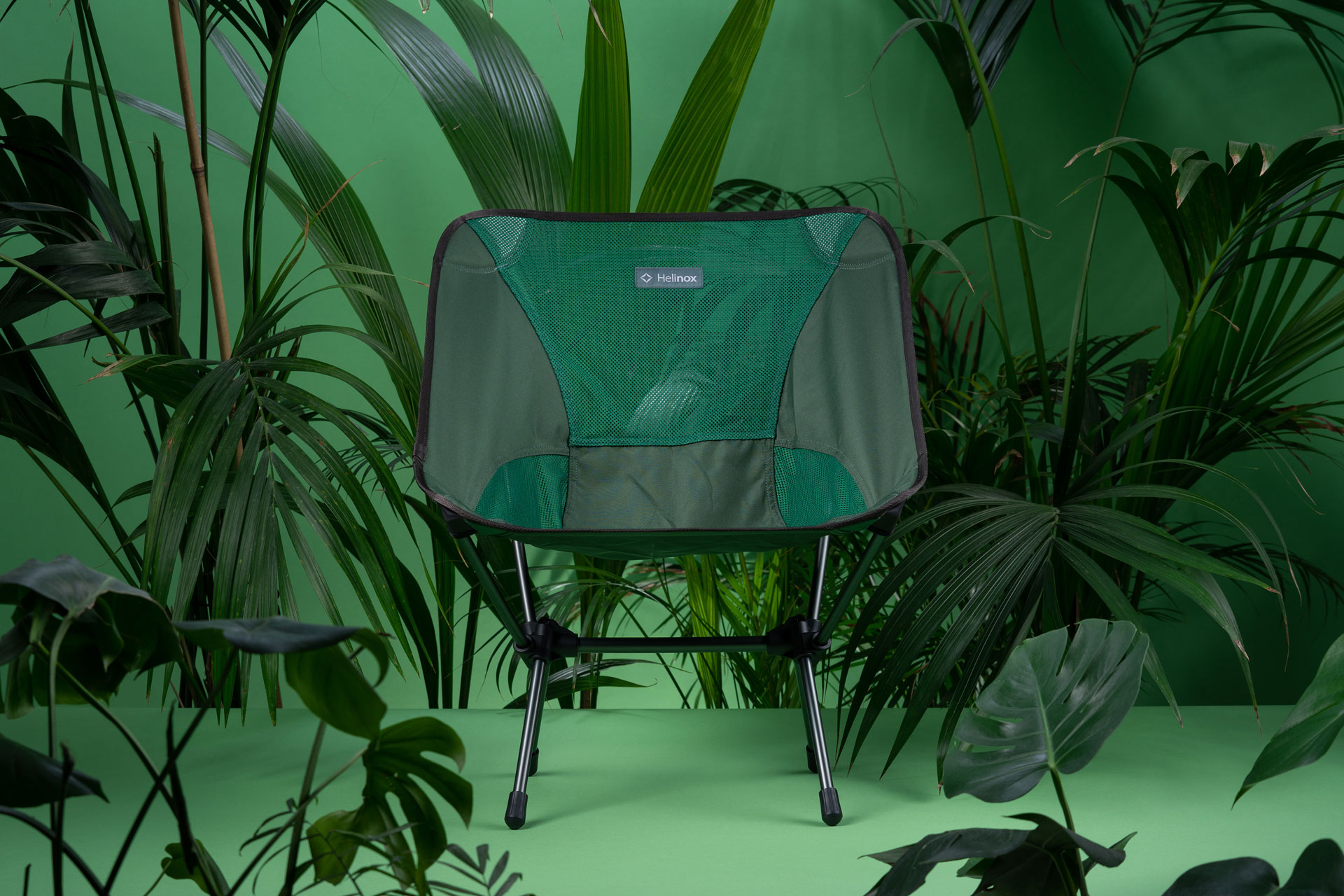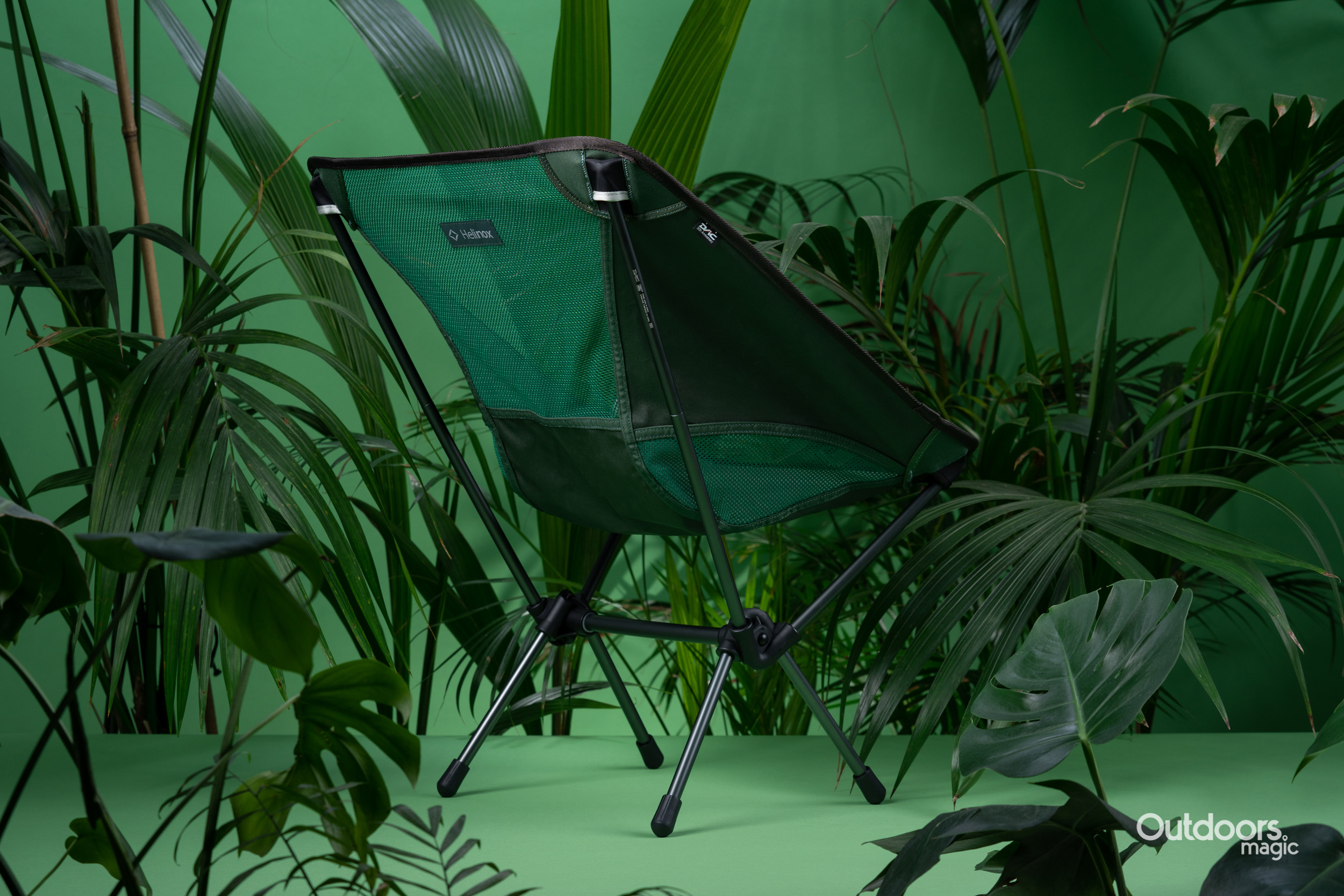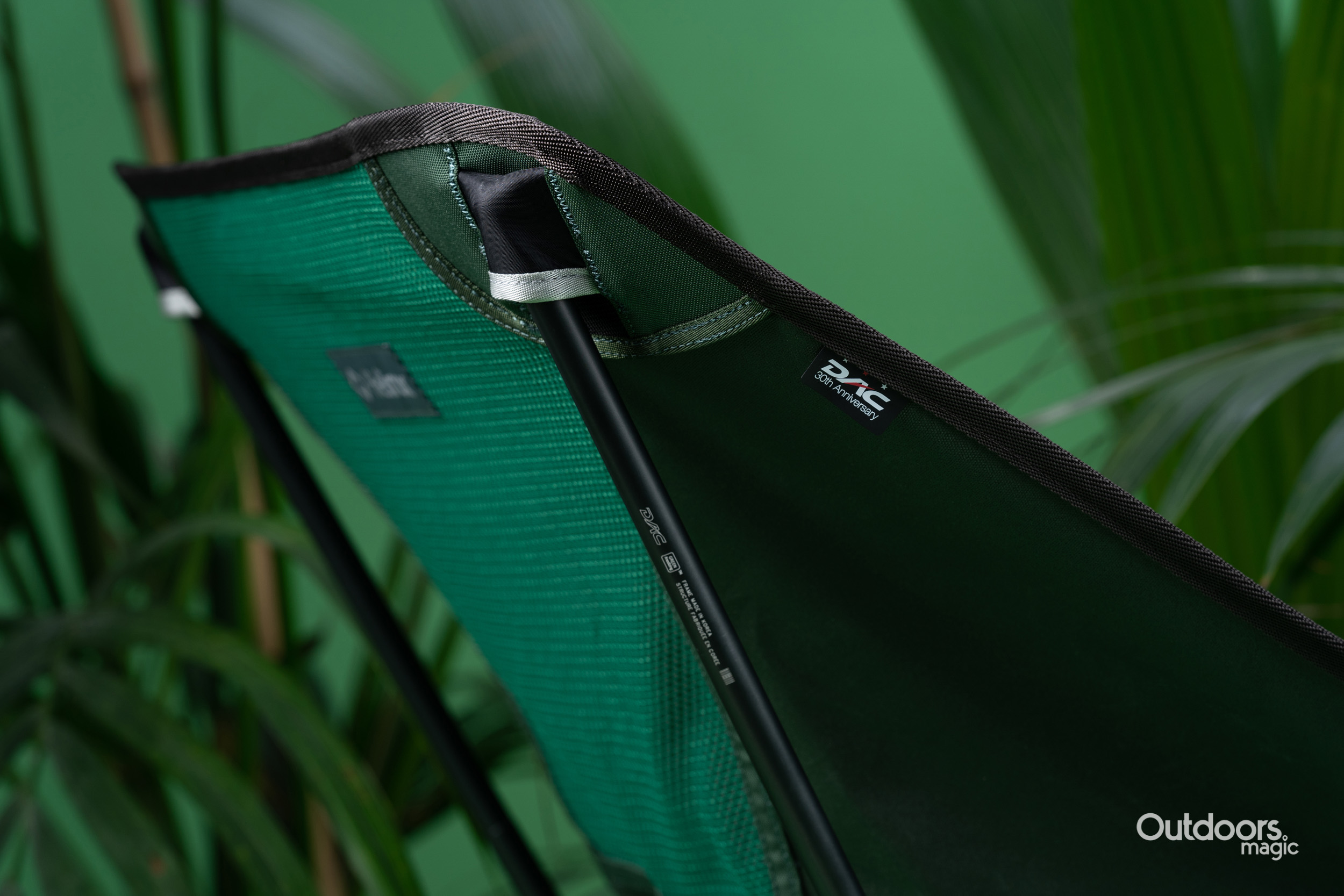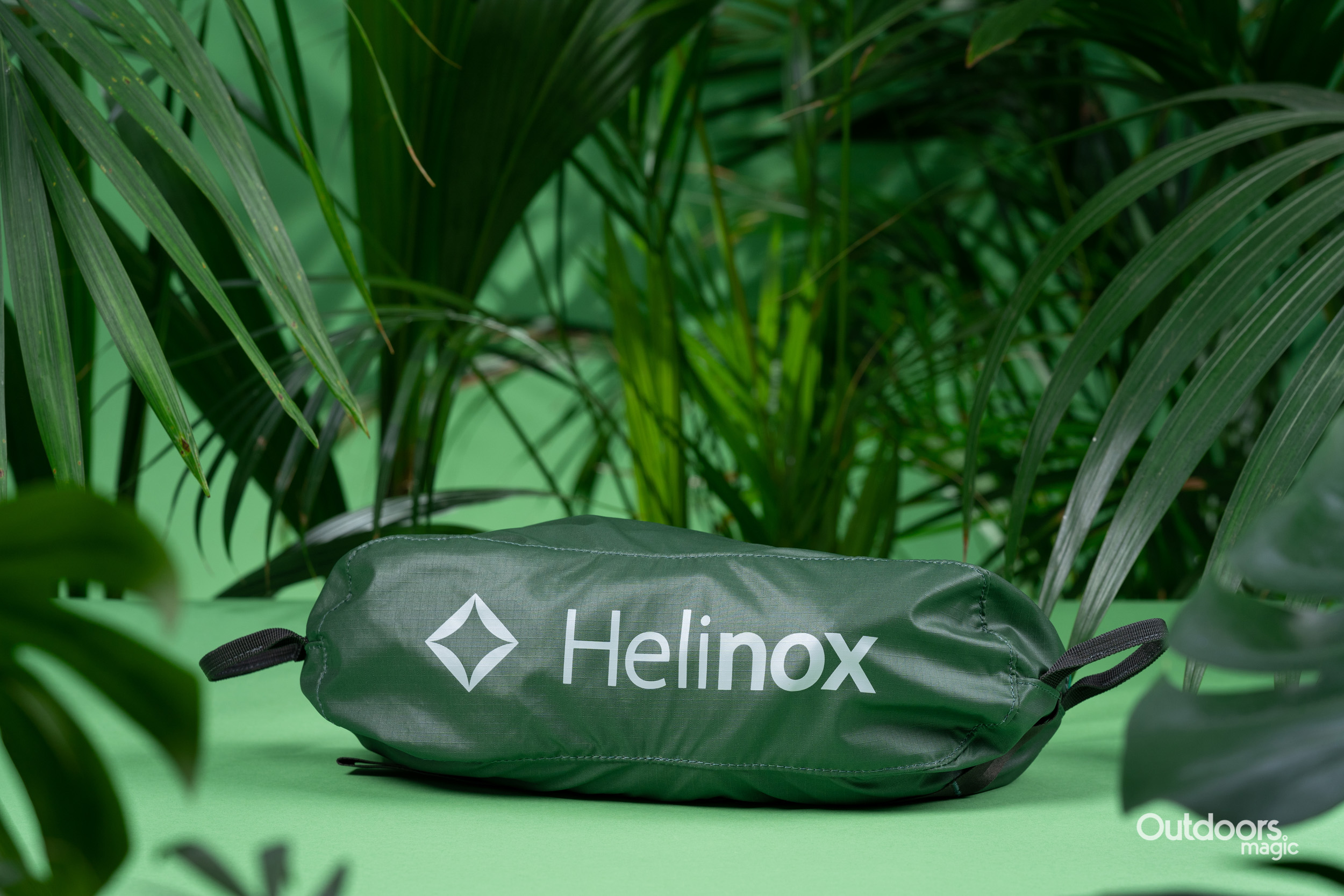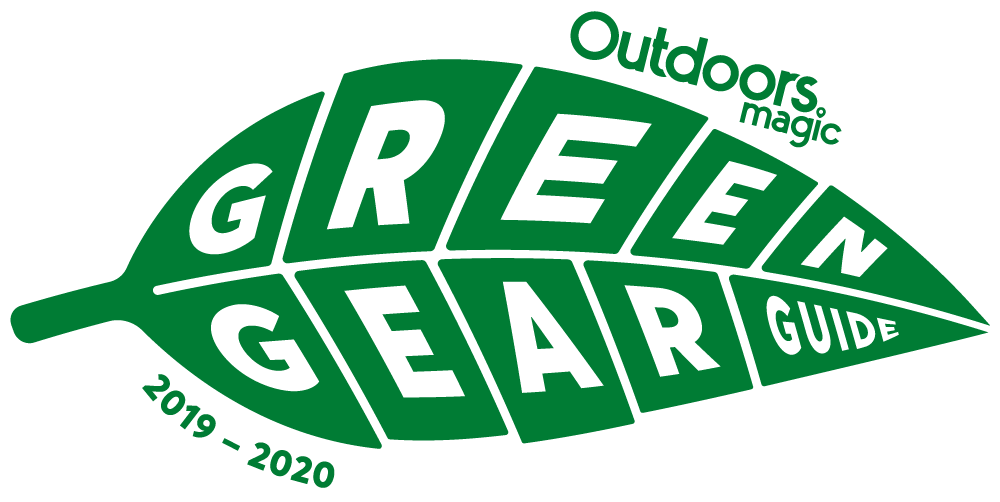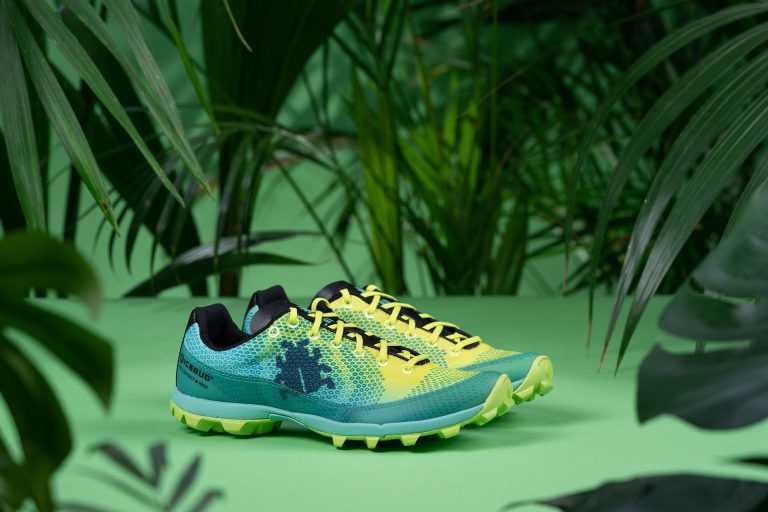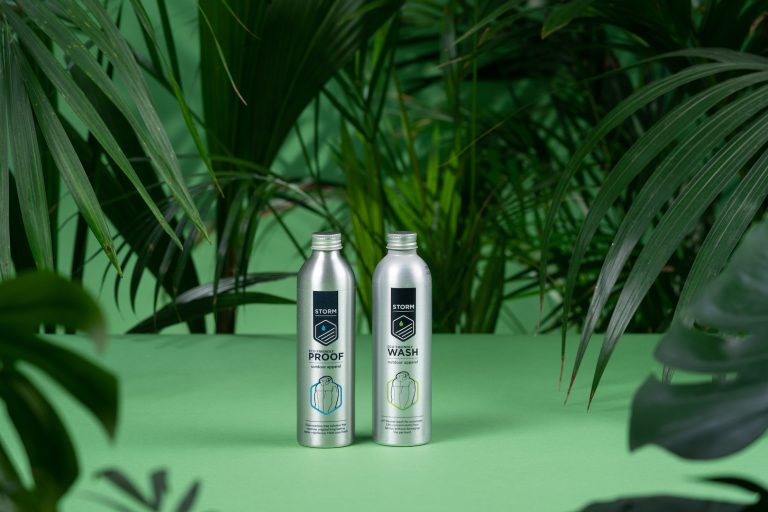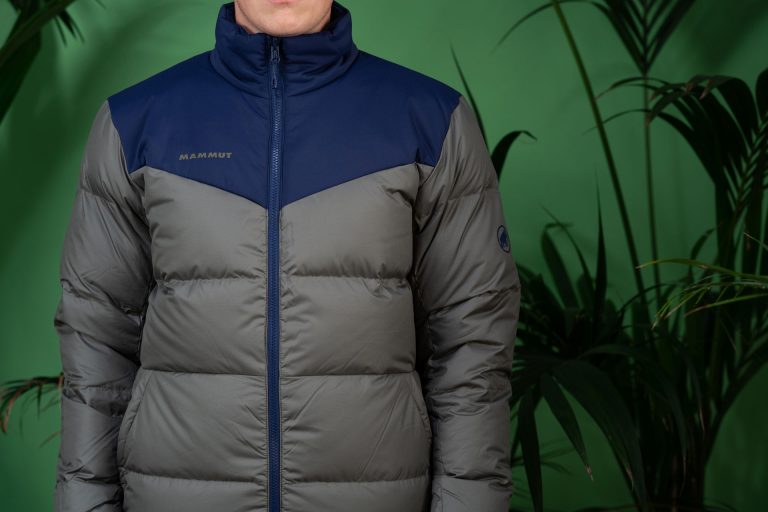Why We Chose The Helinox/DAC ‘Green Anodised’ Poles: Strong, lightweight, eco-friendly
Price: £80
Weight: 952g
More info: helinox.com
Multiple brands and suppliers across the outdoor industry are now working hard to develop more sustainable manufacturing and production processes in a range of areas, from recycled textiles to PFC-free waterproof coatings. In some cases, however, paying such close attention to environmental impacts isn’t a recent phenomenon.
“Long before ‘eco’ became an industry buzzword, DAC started trying to eliminate these nasty acids from the anodising process”
Helinox is a manufacturer of high-quality outdoor furniture, which includes camping chairs, folding tables and portable backpacking cots. In recent years their products have garnered a slew of design awards, as well as picking up gongs at major outdoor industry trade shows such as ISPO and OutDoor.
The company was born out of DAC, a parent firm that specialises in producing lightweight aluminium alloy poles. In fact, many of the best backpacking tents from brands like Nigor and Terra Nova use DAC poles. Making these components, however, formerly involved some very dirty processes. The major offender is anodisation. Anodising is an electrochemical process that converts the metal surface into a decorative, durable and corrosion-resistant finish. This traditionally involved boiling alloy poles in a heady brew of environmentally harmful nitric and phosphoric acids.
Related: Best Solo Tents For Backpacking 2019
Long before ‘eco’ became an industry buzzword, DAC started trying to eliminate these nasty acids from the anodising process. After eight years of trial and error, they successfully developed the ‘Green Anodising’ system that is used to treat all Helinox products – as well as all products that make use of DAC’s TH72M alloy poles. A water recycling programme in the firm’s anodising facility further reduces environmental impacts.

